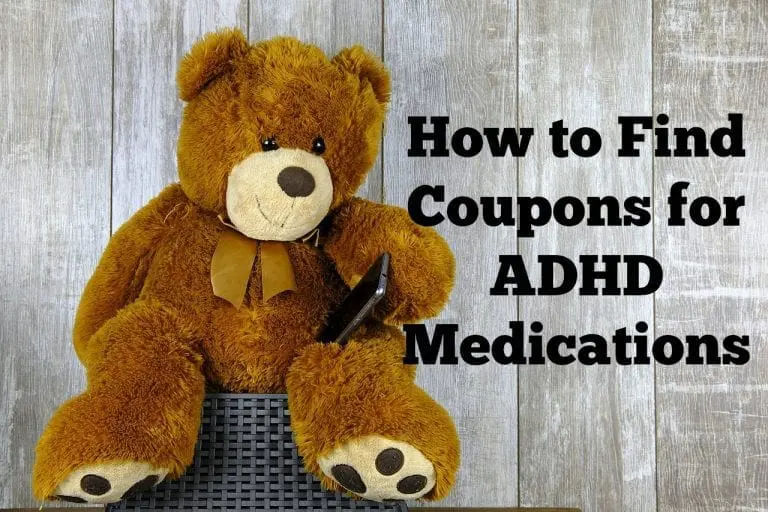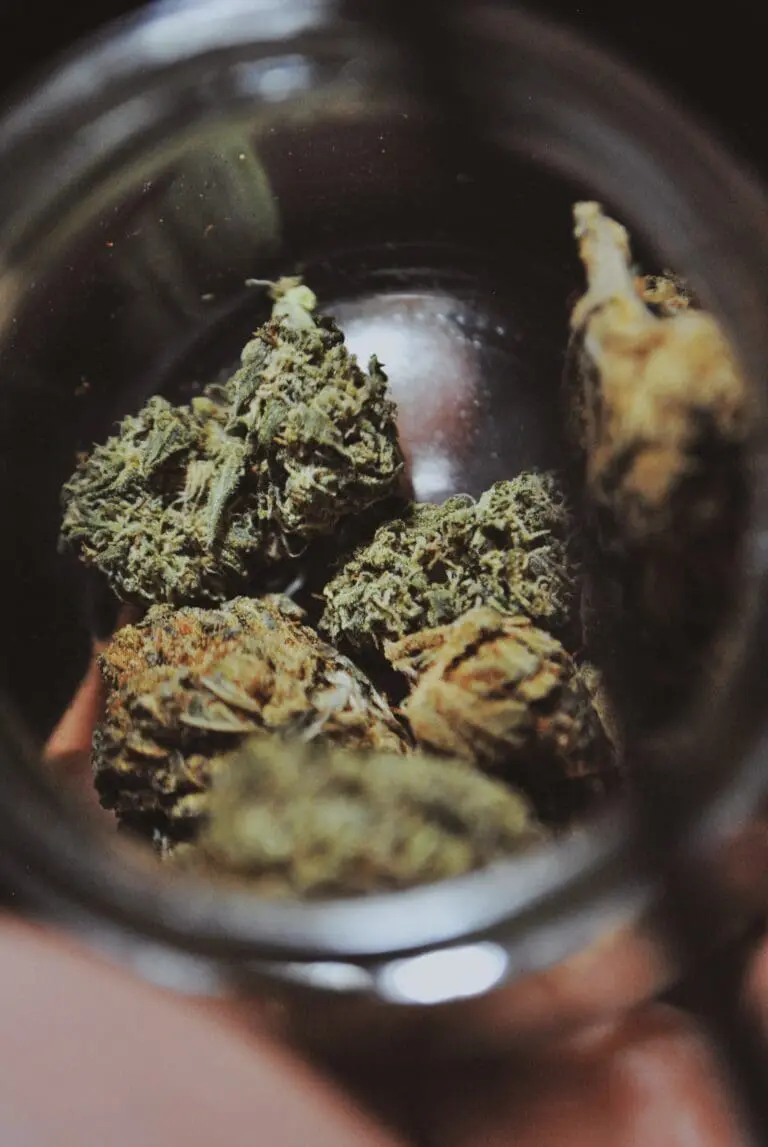How to Help Your Teething Baby

When a baby starts teething, it can be an uncomfortable experience for them. Since they cannot yet communicate how they feel, it may be difficult for us to understand what they are going through. This is why it is crucial to know the presenting symptoms of a teething baby and the age at which they would appear. This way, it is easier for you to anticipate why they would become fussy and irritated.
What to Expect
In general, the timing can vary from one baby to another, but most of them would have their first tooth come out by the time they are six months old. Babies often present with drooling, irritability, tender gums, an increase in temperature but not febrile, and excessive chewing on objects.
How to Soothe Sore Gums
Most babies will cry because they feel pain in their gums as their tooth pushes against it. There are many ways on how to soothe a teething baby naturally. Some of them include:
Rubbing the Gums
You can take a wet gauze or a clean cloth to rub your baby’s gums. The pressure can provide comfort to your baby. Do this every time your child feels cranky.
Provide Cold Comfort
Providing something cold for your child can also ease the discomfort. You can give a chilled or cold spoon as a temporary relief. There are also available teething rings with water inside that you can chill before giving to your child. Do refrain from dipping these rings in sugary substances.
What Should I Avoid Giving My Teething Child?
In some instances where babies can extremely get cranky, some pediatricians recommend giving over-the-counter medications such as acetaminophen or ibuprofen. However, you should avoid giving your baby the following:
Teething Tablets and Topical Gels
Some products in the market, like teething tablets and topical gels, claim to provide comfort to babies. However, studies do not show that they do not have any demonstrated positive effects on teething babies. In fact, more recent studies have shown that most of these homeopathic treatments contain belladonna, which can cause babies to have difficulty breathing and seizures.
Teething Medications
You should be wary about giving your teething child any medications that may contain anesthetics such as lidocaine or benzocaine, as they can be fatal.
Teething Necklaces or Bracelets
Pediatricians are cautioning parents when providing their babies with teethers with chains because they can be at risk for strangulation, choking, infection, and oral injury.
When Should You See a Doctor?
In most cases, a teething baby can be handled at home. However, there may be times when the baby will feel extreme pain that will already affect their eating, drinking, and sleeping. For peace of mind, you can ensure your child has a healthy smile with the Childrens dentist in Vienna.
Caring for the Baby’s Teeth
Once your baby’s first few teeth come out, the pain will subside. It is important that you also give it the necessary care it needs. Ideally, you should clean your baby’s gums twice a day, usually after feeding and before going to sleep. You can use a soft-bristled brush to clean the teeth and remove any food debris.
It will also be an excellent time to bring your child to their first dental visit. Your pediatric dentist will give you more information on how you can adequately care for your child’s teeth. By age one, some dentists recommend applying fluoride on your baby’s teeth to help strengthen them.
A teething baby will feel pain and discomfort. It is a natural process that they have to go through. Some babies can pass through the process without any trouble, while others will have a hard time. Either way, you should be ready to provide care and comfort for them.









